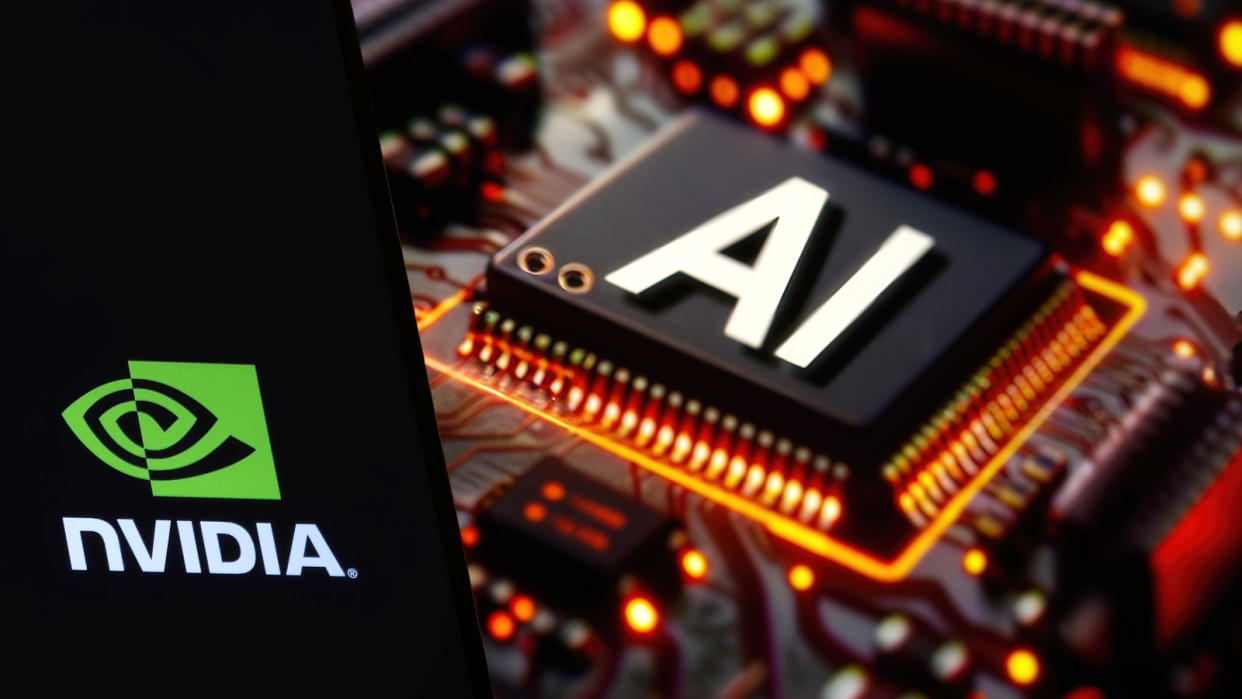Dell hints at Nvidia-made chips for Windows AI PCs as soon as next year

- Oops!Something went wrong.Please try again later.
When the first rumors about AMD's and Nvidia's plans to develop Arm-based processors for PCs emerged last year, we had certain doubts about such intentions given the datacenter focus of these companies. But this week, Michael Dell, chief executive of Dell, and Jensen Huang, CEO of Nvidia, somewhat confirmed the information. It now looks like the green company will come up with its processor for 'AI PCs' as soon as next year; however, there's a catch.
When Bloomberg asked about Nvidia's place in the emerging AI PC segment during a group interview, Michael Dell told Bloomberg's Ed Ludlow to 'come back next year,' while Jensen Huang responded 'exactly.' Such answers could be interpreted as confirmation of Nvidia's plans to address the upcoming Windows-on-Arm AI PC market with its own processors. While this is not going to be precisely a blue ocean market, with around 280 million PCs sold every year, this market is hard to ignore.
After all, Nvidia has everything it needs to build system-on-chips for PCs, including Arm general-purpose cores, GeForce graphics processors, Tensor cores for AI, and various other hardware. With SoCs aimed at PCs, Nvidia could address other adjacent markets, such as game consoles and perhaps embedded devices that need AI capabilities on the edge.
Speaking of Nvidia-accelerated AI capabilities, it is necessary to note that even today, multiple applications that take advantage of artificial intelligence can be accelerated with contemporary Nvidia GeForce RTX GPUs. From this point of view, Nvidia has already enabled AI experience on tens of millions of PCs featuring its latest GeForce RTX 30 and 40 series, which are shipped every quarter.
"All of our GPUs have the same Tensor cores that are running on H100 in the cloud," said Huang. "Every one of our GPUs uses AI to the work. AI will transform gaming. All of the nonplayer character will be chatbots. Creating world will be easier. Instead of instruction driven computing, it [is going to be] intention driven computing, so it will be easier to write programs."
We should note that Nvidia has not confirmed its return to the market of Windows PCs with its own processors just yet. After all, the company could address this market by licensing its IP to third partners, which would reduce risks and increase profit margins but still ensure that Nvidia gets its piece of the pie.

